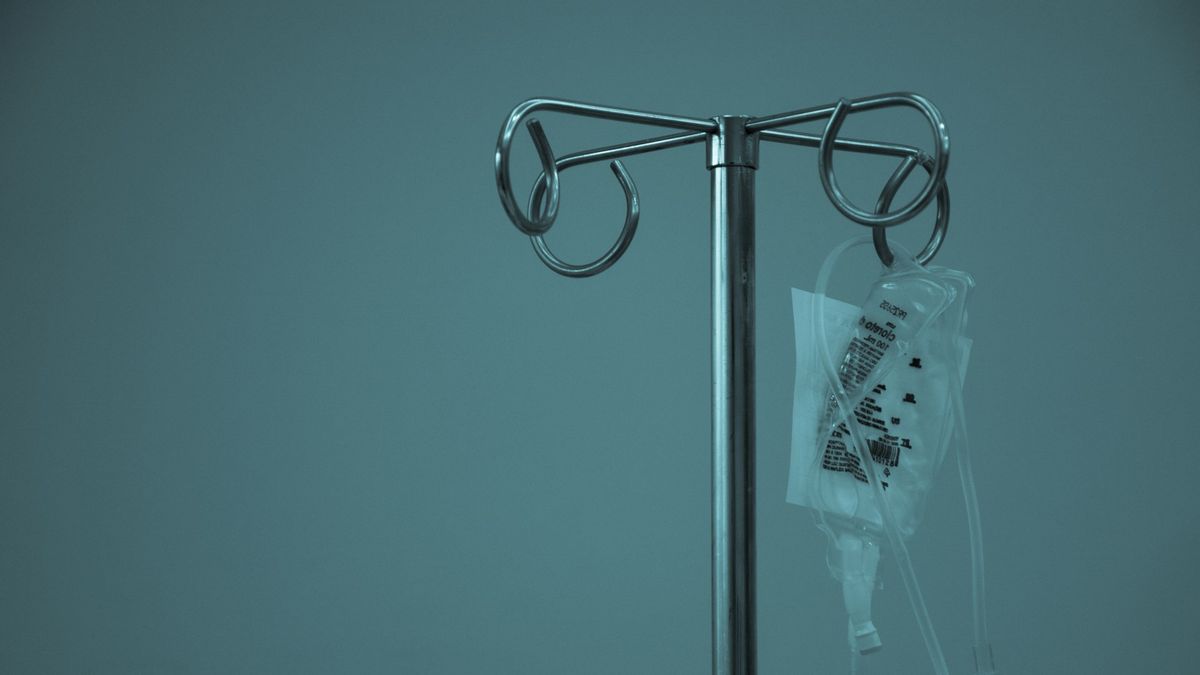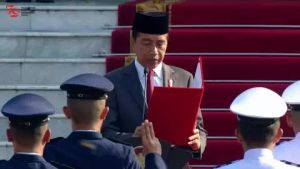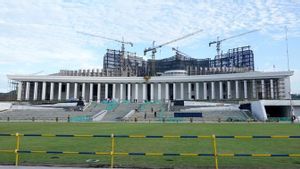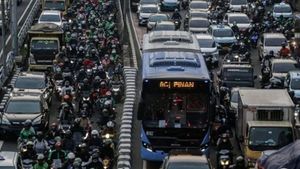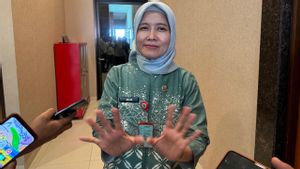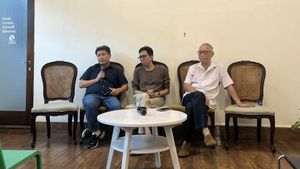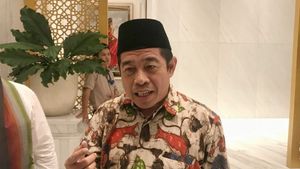JAKARTA - Commission IX of the DPR RI highlighted various health service issues that occurred in a number of regions. The DPR's health commission emphasized that health facilities such as hospitals (RS) and health centers should not refuse patients for any reason.
The warning from Commission IX of the DPR was given because of a number of events that showed the lack of maximum health services to the community in several areas. As happened at the Syekh Yusuf Regional General Hospital (RSUD), Gowa Regency, South Sulawesi where a patient was allegedly abandoned to death.
"In principle, hospitals and health centers should not refuse patients regardless of condition," said Commission IX member Rahmad Handoyo, Wednesday, July 17.
In the case in Gowa, a patient is said to have died on social media in an ambulance in front of the Emergency Installation (IGD) of the Sheikh Yusuf Hospital, Tuesday (9/7). The patient was allegedly abandoned and slowly received treatment until he died.
Video recorders and several other patient families were heard shouting at emergency officials questioning hospital services. The patient's family also admitted that they were asked for additional fees for ambulance fuel before the patient was transported to Sheikh Yusuf Hospital.
Rahmad also explained that ambulance services for patients in an emergency should be borne by BPJS Health costs.
"If you take it like an emergency patient, you will still be financed by BPJS. So if something like that happens, it means that there are violations committed by an individual," he explained.
The one who must be responsible is the hospital because an ambulance is the right of a patient with an emergency condition whose financing is distributed through the JKN (BPJS) program. If there is a violation of an individual, the hospital must be responsible and carry out an investigation," continued Rahmad.
SEE ALSO:
The Syekh Yusuf Hospital has denied the narrative in the viral video which states that the patient was abandoned or rejected when he arrived. According to the hospital, the emergency room condition at the Syekh Yusuf Hospital at that time was indeed in full condition before the patient was referred by the Parangloe Health Center, so they recommended that the patient be transferred to another hospital.
When the patient arrived, the emergency room officer at the Sheikh Yusuf Hospital was said to remain alert to find beds for the patient to be treated immediately. However, not long after, the patient was declared dead before entering the ER.
Regardless of the reason, Rahmad reiterated that the hospital should not refuse let alone neglect patients.
"It is not permissible to refuse patients and if the occupancy is full, the hospital must temporarily receive and must help find available hospitals for their services, not patients looking for their own hospitals," explained the legislator from the Central Java V electoral district.
Rahmad said there must be a thorough investigation as an evaluation so that such incidents do not happen again. He also said that BPJS could take further steps if there were violations committed by the hospital.
"BPJS must be disciplined. If an incident like this continues, then BPJS can cut off cooperation with the hospital in question," said Rahmad.
Rahmad also assessed that there is currently a health service crisis in Indonesia. Some time ago, a mother in Banyuwangi, East Java, was forced to give birth in a car because there were no medical officers when she came to the Puskesmas.
Most recently, the action of decreasing the body of a baby boy at the Public Fuel Filling Station (SPBU) by the ambulance driver at Ade Muhammad Djoen Sintang Hospital, West Kalimantan (West Kalimantan) is also attracting public attention. The baby's body who died was taken down because the patient's family could not pay additional costs claimed to buy fuel.
The body that was passed down was a baby who died at birth. The body should have been delivered from Ade Muhammad Djoen Sintang Hospital to Nanga Mau with a distance of 72 km. The baby's body was lowered because the victim's family refused to pay an additional fee which was said to reach Rp. 1.5 million.
According to the driver, the additional fee is needed because the ambulance used uses Dexlite fuel at a higher cost than ordinary fuel. Meanwhile, in local regulations, the cost covered for ambulances is the one using Pertalite fuel so that there is a difference in costs paid when in the hospital and the driver's need to buy fuel.
Although the patient's family said the additional cost was up to Rp. 1.5 million, the hospital said the driver admitted that he only asked for an additional fuel difference of Rp. 400 thousand.
"This kind of incident is really a hard blow to Indonesia's health services. There really is no sense of humanity. Whatever the reason, there should be consideration because this is a matter of humanity. Moreover, the family has stated that they have no more costs," said Rahmad.
He added that there needs to be an investigation into the incident of the decline in bodies. Especially, said Rahmad, there are indications of illegal levies (extortion) practices in this case.
"I think it is appropriate for a sanction from the hospital. There must be firm action by the hospital if the model is like this," he said.
Rahmad also asked hospitals to conduct searches and evaluations of other ambulance drivers. Including the Health Office which is expected to help check the management system for the use of ambulances in other hospitals in the area.
"Search other possible violations by the perpetrators and other ambulance drivers. Because there is a possibility that incidents like this have often occurred," explained Rahmad.
"So it needs to be investigated and the hospital must be responsible," he added.
On the other hand, Rahmad encouraged the local government to evaluate regulations related to ambulance services and firmness in its implementation. That way, there will no longer be loopholes that are used as reasons for extortion.
Regulations are made to be implemented. If the problem of implementing fuel alone can be an excuse for extortion, meaning that other things can also be used as loopholes. If there is no improvement, people will continue to be harmed," said Rahmad.
Rahmad asked all parties to remember the urgency of Law Number 17 of 2023 concerning Health made to improve the quality of health services and protection for the community.
"With the Health Law, we hope that the quality of the public health service system can be more advanced. It's not like this setback," he concluded.
The English, Chinese, Japanese, Arabic, and French versions are automatically generated by the AI. So there may still be inaccuracies in translating, please always see Indonesian as our main language. (system supported by DigitalSiber.id)
